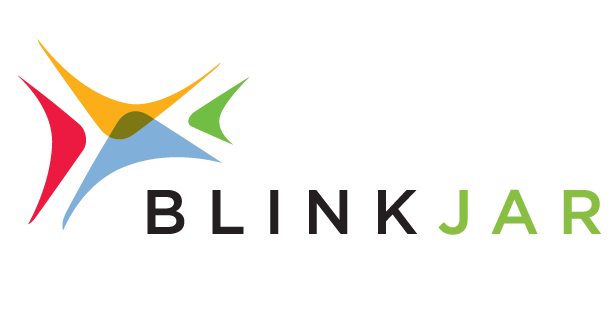Baton Rouge Digital Ad Agencies: Why You Should Avoid Google Ad’s Auto-Apply Recommendations
Digital advertising is a dynamic marketing option, and Google Ads is a powerful tool for businesses to enhance their online presence. However, the convenience of Google's auto-apply recommendations may seem like a time-saving solution, but beneath the surface lie potential pitfalls that can compromise the effectiveness of your advertising efforts. There are better strategies than relying on Google's auto-apply recommendations for maximizing the impact of your Google Ads campaigns.
Loss of Ad Control and Customization
Google's auto-apply recommendations operate on algorithms designed to optimize based on specific parameters. While automation can be efficient, it often needs a more nuanced understanding of your business goals, target audience, and brand voice. Relying solely on automation can result in losing control over the unique expertise that sets your ads apart.
Generic Optimization for Google Ads
Auto-apply recommendations are designed to cater to a broad spectrum of advertisers, as well as various industries and objectives. This “one-size-fits-all” approach can clash with your business's unique goals. A broad, boilerplate optimization strategy neglects the intricacies that make your products or services stand out.
Overemphasis on Clicks Over Conversions in Google Ads Campaigns
Google's algorithms are very effective at driving clicks, but the primary goal of advertising success lies in conversions – actions that align with your business objectives, such as purchases or form submissions. Relying solely on auto-apply recommendations may inadvertently prioritize clicks over conversions, resulting in inflated click-through rates without a proportional increase in meaningful interactions.
Limited Understanding of Seasonal Variations for Google Ads Campaigns
For businesses that experience seasonal fluctuations in demand, auto-apply recommendations may not adequately account for these changes. Human intuition and industry-specific knowledge are essential for adapting your advertising strategy to capitalize on peak seasons or navigate slower periods effectively.
Risk of Irrelevant Google Ad Keyword Suggestions
Auto-generated Google Ad keyword suggestions may not align with your brand’s goals. Overreliance on these suggestions may lead to the inclusion of irrelevant keywords, diluting the precision of your targeting and potentially attracting clicks from users who are not genuinely interested in your products or services.
Inadequate Google Ad Copy Optimization
Crafting compelling ad copy requires a deep understanding of your unique value proposition and the needs of your target audience. Auto-apply recommendations can’t always possess the voice and knowledge needed to create ads that resonate effectively, potentially leading to generic, less engaging ads.
While Google's auto-apply recommendations offer a streamlined approach to Google Ads optimization, the drawbacks merit careful consideration. For businesses seeking a tailored and strategic approach to digital advertising, combining automation and human expertise is often the key to unlocking the full potential of Google Ads campaigns. For over a decade, the expert team at BlinkJar Media has stayed on the forefront of managing digital search and display ads on the Google Ads platform.








